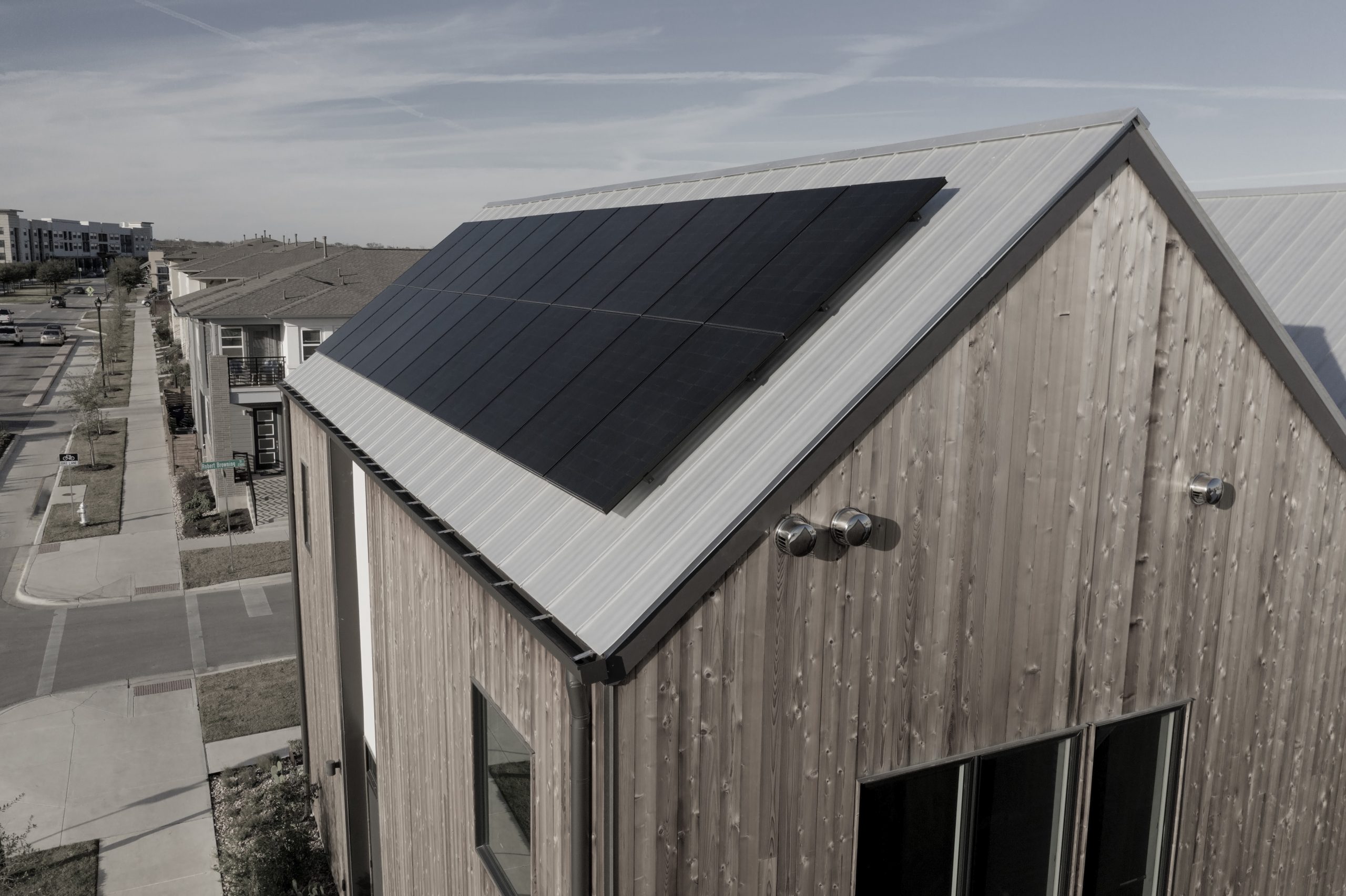Solar energy is rapidly becoming one of the most popular sources of renewable energy in the world. But what is solar energy, and how does it work? In this article, we’ll explore the science behind solar energy and how it can be harnessed to power our homes, businesses, and communities.
What is Solar Energy?
Solar energy is the energy that is produced by the sun in the form of electromagnetic radiation. This radiation travels through space and reaches the Earth’s surface, where it can be captured and converted into usable energy.
How Does Solar Energy Work?
Solar energy is harnessed through the use of solar panels, also known as photovoltaic (PV) cells. These panels are made up of layers of silicon, which is a semiconductor material that can convert sunlight into electricity.
When sunlight hits a solar panel, the photons in the sunlight knock electrons loose from the atoms in the silicon. These loose electrons are then captured by the electric field in the solar panel, which creates a flow of electricity that can be used to power homes and businesses.
The Science Behind Solar Panels
As mentioned earlier, solar panels are made up of layers of silicon. These layers are specially treated to create a positive and negative charge, which allows the panels to capture and store the electricity generated by the sun.
The most common type of solar panel is the crystalline silicon panel. These panels are made up of thin slices of silicon that are carefully arranged and layered to create a positive and negative charge. When sunlight hits the panel, the energy from the photons knocks electrons loose from the silicon atoms, which creates a flow of electricity that can be captured and used.
Other types of solar panels, such as thin-film panels, use different materials and manufacturing processes to create a similar effect. However, the basic principle remains the same – sunlight is converted into usable energy through the use of specially designed materials and processes.
The Benefits of Solar Energy
Solar energy has many benefits that make it an attractive option for homeowners, businesses, and communities. Some of the key benefits include:
- Clean and Renewable: Solar energy is a clean and renewable source of energy that produces no harmful emissions or pollutants.
- Cost-effective: Solar energy can be a cost-effective way to generate electricity, especially in areas with high electricity costs or where grid power is unavailable.
- Energy independence: Solar energy can provide individuals and communities with energy independence, reducing their reliance on fossil fuels and centralized power grids.
- Reduced carbon footprint: By using solar energy, individuals and communities can reduce their carbon footprint and help fight climate change.
- Low maintenance: Solar panels require very little maintenance once they are installed, making them a hassle-free option for those looking to generate their own electricity.
Conclusion
In conclusion, solar energy is a fascinating and rapidly evolving technology that has the potential to transform the way we generate and use energy. By understanding the science behind solar energy and its benefits, individuals and communities can make informed decisions about whether solar energy is the right choice for their energy needs.










